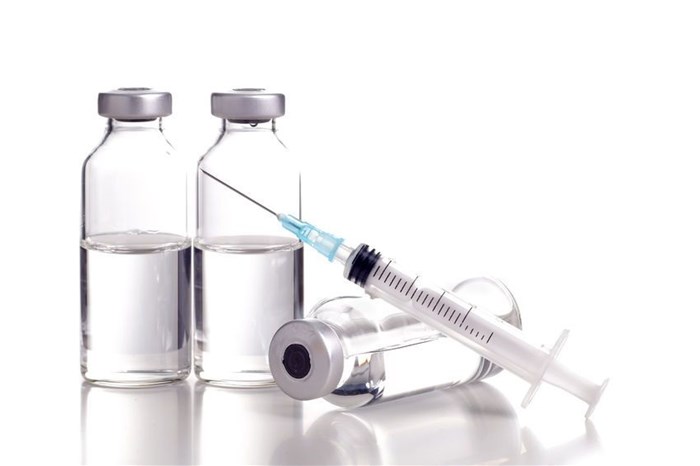






"In a world in which around 1 billion people have little to no access to healthcare and 6.3 million children die each year primarily from preventable diseases, it is critical that the supply chain community shares lessons and know-how that can help to increase access to quality healthcare, especially at the last mile," stresses Mungo Park, president of Sapics, The Professional Body for Supply Chain Management.
VillageReach directors Joseph Roussel and Craig Usswald are part of the line-up of presenters on the programme for the 41st annual Sapics Conference. "Navigating the last mile in extreme environments is the topic of their presentation, which offers thought-provoking insights on some of the interventions that are solving healthcare delivery challenges in low-resource communities," explains Park.
The value of public and private sector partnerships in improving healthcare supply chains and in the fight against HIV/AIDS will also be under the spotlight. New horizons in public health supply chains: the emerging role of the private sector is the topic of a panel discussion facilitated by Dominique Zwinkels, executive manager at People that Deliver (PtD), a global initiative that aims to improve health outcomes by promoting sustainable workforce excellence in health supply chain management. Sapics is PtD board member.
The newly formed ASCM Public Health Initiative – Africa will also share updates in their collaboration with the Bill and Melinda Gates Foundation. Glenda Maitin, programme director, and Abe Eshkenazi, CEO of ASCM, will take to the stage to highlight the work undertaken.
In his presentation, Dr Andrew Brown of USAID will share his insights on the struggle to recruit, retain and support competent supply chain personnel. "This challenge is experienced by every mid and upper-level supply chain manager but can have dire consequences in the public health sector," states Park. Brown’s presentation will provide lessons learned from a range of activities being undertaken by the USAID Global Health Supply Chain - Procurement and Supply Management (GHSC-PSM) Project.
A case study by Florian Menold, general manager at DSV Healthcare, will reveal how public and private sector collaboration is ensuring access to medical care for patients living with HIV and AIDS as well as other chronic conditions. Yasmin Chandani, CEO of inSupply Health from Kenya, will discuss people, processes and data at the heart of public health supply chains, drawing from her years of experience in Kenya and Tanzania.
The scourge of false and substandard medicines will be examined in a panel discussion led by Dr Iain Barton, executive vice president - Healthcare at Imperial Logistics. According to the World Health Organisation (WHO) data, one in ten medical products circulating in low and middle-income countries is either substandard or falsified. Up to 169,000 children die each year from pneumonia due to fake or substandard antibiotics, a University of Edinburgh report estimated.
"SAPICS is proud to be able to contribute to the body of knowledge that will stop these deaths, that will improve healthcare supply chains and distribution networks, and foster vital partnerships between the public and private healthcare sectors," concludes Park.